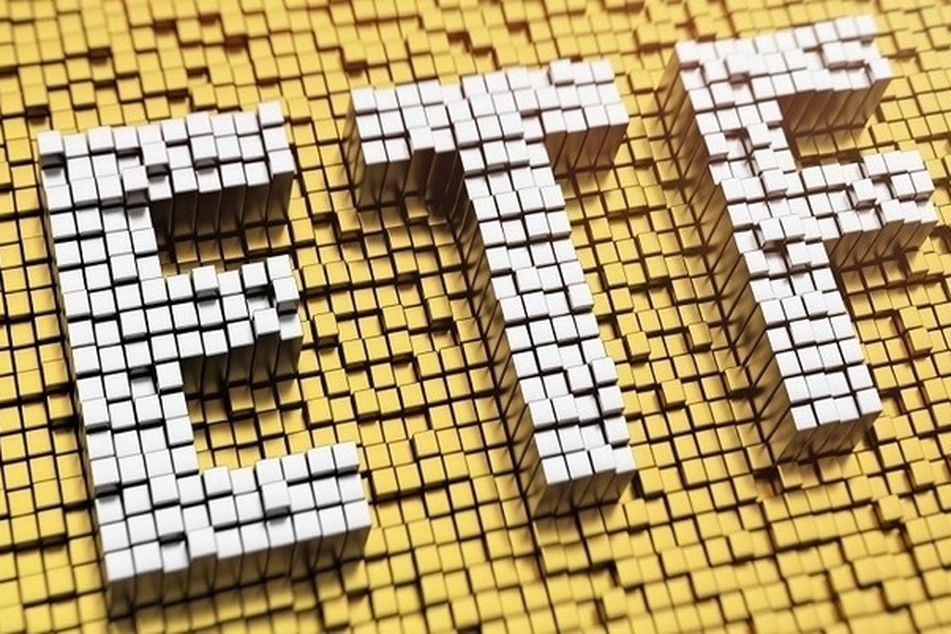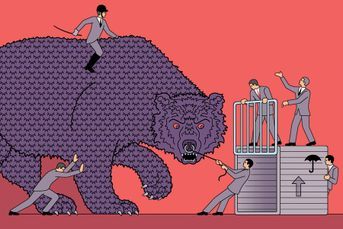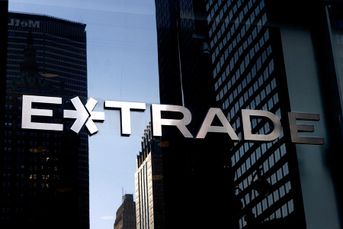Investors flee actively managed funds for ETFs

Many advisers are putting investors into low-cost ETFs and simply dumping most of their clients' actively managed funds.
Investors are dropping actively managed funds — and investment advisers have a big hand in that.
Investors have sold a net $259 billion in actively managed stock funds the past 12 months, according to Morningstar, the Chicago investment trackers. At the same time, long-term, passively managed stock funds have gained a net $185 billion.
“It’s obviously an accelerating trend,” said Russel Kinnel, director of manager research at Morningstar, the Chicago investment trackers. “You’re always going to have funds with really bad performance getting redeemed, but investors are redeeming funds in a bull market, and not just awful performers.”
Among the worst hit:
PIMCO All Asset All Authority (PAUDX) has seen an estimated $8.3 billion outflow. While the fund still has $8.5 billion in assets, it’s a fund of funds, which means its outflows have affected other PIMCO funds.
Manning & Napier Equity (EXEYX) has seen a $751 million outflow. The fund currently has $113 million in assets, down from $1 billion at the end of 2014.
Buffalo Small Cap (BUFSX) has watched $1.8 billion flee. The fund now has $970 million.
One reason for the redemptions: Many advisers are putting investors into low-cost ETFs and simply dumping most of their clients’ actively managed funds.
The trend started in the aftermath of the 2007-2009 bull market, when some advisers offered market timing services using ETFs, Mr. Kinnel said. But few market timers are successful. “Now, instead of offering to magically time the market, they’re going a little more traditional,” he said. And that means asset allocation services.
By using low-cost ETFs, Mr. Kinnel pointed out, investors get a lower-cost product. But the effect of the advisory fee could well offset that advantage.
Most funds are careful to manage redemptions. Large-company funds typically have no problem liquidating their holdings to meet redemptions: There’s plenty of demand for General Electric stock most days. Small-company stock funds and bond funds, which typically trade less liquid securities, can run into trouble if they get hit with massive redemptions.
Even then, however, most funds are fairly careful in their liquidation process, Mr. Kinnel said. Most have lines of credit they can tap in a pinch.
But redemptions also can have an effect on the fund company as a while. Managers like to see assets grow, not fall, and a company that continually bleeds assets could have a hard time keeping and retaining managers.
Learn more about reprints and licensing for this article.








